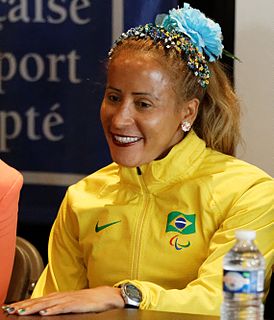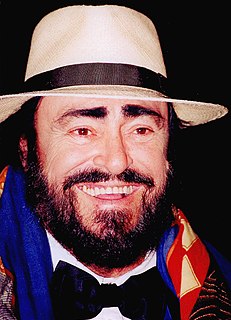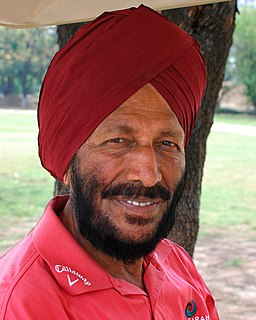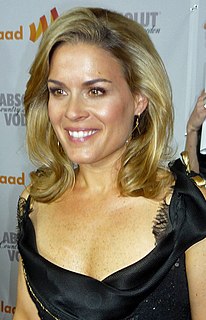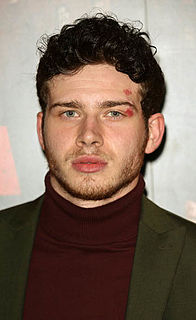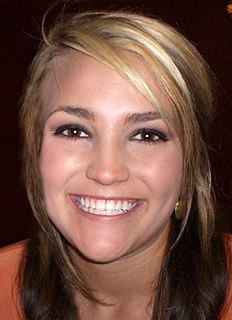A Quote by Terezinha Guilhermina
I said I wanted to be the best in the world. I thought if I could make it, I would be able to change my future, to change my destiny. I would push myself to the limits. I would do 70 laps and barely eat.
Related Quotes
People thought it was asinine for me to change my swing after I won the Masters by 12 shots. ... Why would you want to change that? Well, I thought I could become better. If I play my best, I'm pretty tough to beat. I'd like to play my best more frequently, and that's the whole idea. That's why you make changes. I thought I could become more consistent.
There seems to be something in the zeitgeist, and maybe it's a function of - I'm no analyst, nor am I a psychologist - when you look at things and say, What if I could go back and change things? I think we live in a world right now where people are asking those questions a lot. What if we could go back and change what we did? How would we change the way we handled things in the Middle East, and how would we change things with the banking industry, and how would we change economic and educational issues?
I wanted to be a visual artist, but I realized I was more affected by what I read than by what I saw. I would go to a show at a museum and look at a painting and say, 'Oh I wish I owned that,' and that would be the end of my relationship with a painting. With a short story I would read or with an author I would discover I could be haunted. It would affect my mood and affect the way that I saw the world. I thought, wow, it would be amazing to be able to do that.
"Look," I said, "We knew Jason and Becky would be back, the break would end. This isn't a surprise, it's what's supposed to happen. It's what we wanted. Right?" "Is it?" he asked. "Is it what you want?" Whether he intended it to be or not, this was the final question, the last Truth. If I said what I really thought, I was opening myself up for a hurt bigger than I could even imagine. I didn't have it in me. We changed and altered so many rules, but it was this one, the only one when we'd started, that I would break. "Yes," I said.
I was lucky enough to build on the work of a number of people who had already run laps around this theory-building track. The original classification scheme, years ago, distinguished radical from incremental change. The theory said that established firms managed incremental change well, but would be expected to founder when their industry encountered a radical change.
If only 7 percent of the 2 billion Christians in the world would care for a single orphan in distress, there would effectively be no more orphans. If everybody would be willing to simply do something to care for one of these precious treasures, I think we would be amazed by just how much we could change the world.
